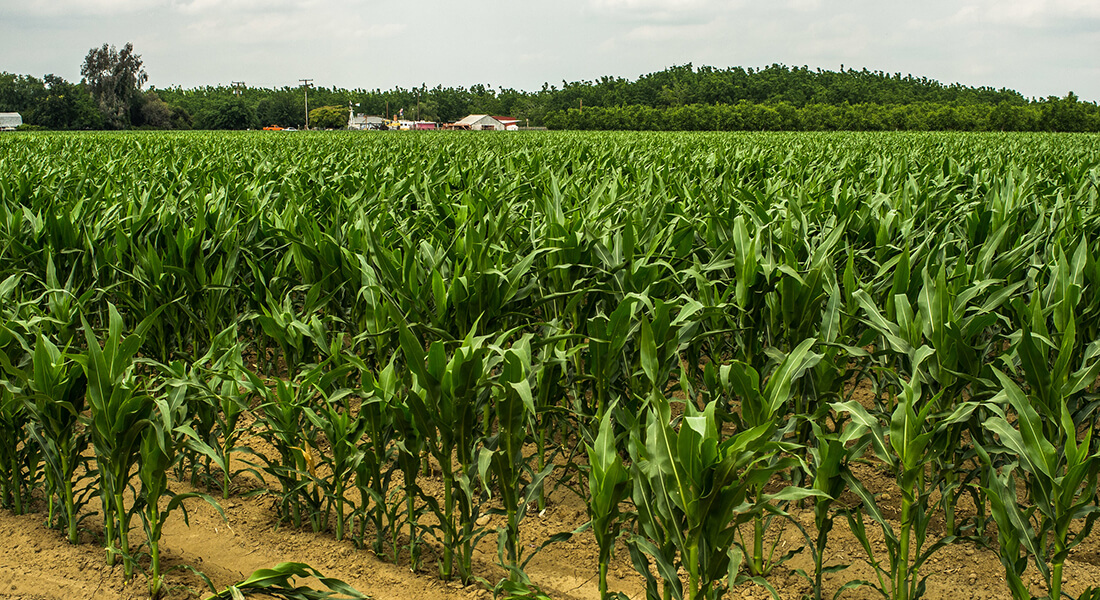Genetically modified crops can help both humans and nature
They are controversial and banned from cultivation in most places. However, new research shows that GM crops increase crop yields, especially in poorer countries. It can also benefit the environment, as more land can be used for nature.

Under perfect conditions, genetically modified (GM) crops do not yield more than conventional crops. However, where pests and weeds are prevalent, GM crops designed to be resistant to herbicide and pests can increase yields.
This effect is well known from controlled trials. However, how GM crops have affected global crop yields, harvested area and agricultural trade in practice has been unknown. At least until now, when economists Casper Worm Hansen and Asger Mose Wingender from the University of Copenhagen, using the latest statistical methods, have quantified the impact.
"Especially in poorer countries, we find positive effects on yields. In fact, a world without GM crops would need an additional cultivation area equivalent to the entire size of Spain to keep global agricultural production at current levels," says Asger Mose Wingender.
Can fight poverty
GM crops still have a lot of unrealised potential. In many places, a ban on genetic modification of crops stands in the way of more efficient land utilisation.
"Only one third of the potential of currently available GM varieties has been realised. Without a ban on GM cultivation, the value of global agricultural production could have been almost 69 billion US dollars higher in 2019," says Asger Mose Wingender.
Especially the warm and resource-poor countries of the world would benefit from lifting such bans.
"Not only do they have the most to gain in terms of yields, they also have large agricultural sectors. Lifting the current bans on GM crops can support economic development in the poorest parts of the planet while increasing agricultural production at a time when food security is a growing concern," he says.
A green lever
Although the researchers have primarily looked at the economic aspects of GM technology, they also see positive environmental impacts.
"Our analysis shows that higher crop yields save land. By growing GM crops, you can convert farmland to nature without reducing production, which could benefit both biodiversity and climate," emphasises Asger Mose Wingender.
Another environmental benefit of GM crops is that they do not need to be sprayed with pesticides.
"This benefits the aquatic environment and also means that farmers drive fewer kilometres in their tractors and thus save petrol."
Understand the concerns
The reason why many countries have banned the cultivation of genetically modified crops is mainly due to concerns that genetical modification could be harmful to human health. This concern has turned out to be scientifically unfounded. However, Asger Mose Wingender recognises the widespread concern about the environmental impact of GM crops.
"Of course, it's not black and white, and just as with conventional intensive agriculture, there are also a number of environmental challenges associated with GM crops. However, our study reinforces the current scientific consensus that GM crops make a positive difference overall – for the environment, for the climate, and for the people."
Read the full economics study on GM crops here (log in required).
Contact
Asger Mose Wingender
Associate professor, Department of Economics
Mail: amw@econ.ku.dk
Phone: +45 35 32 16 05
Simon Knokgaard Halskov
Press and communications officer
Mail: sih@samf.ku.dk
Phone: +45 93 56 53 29
